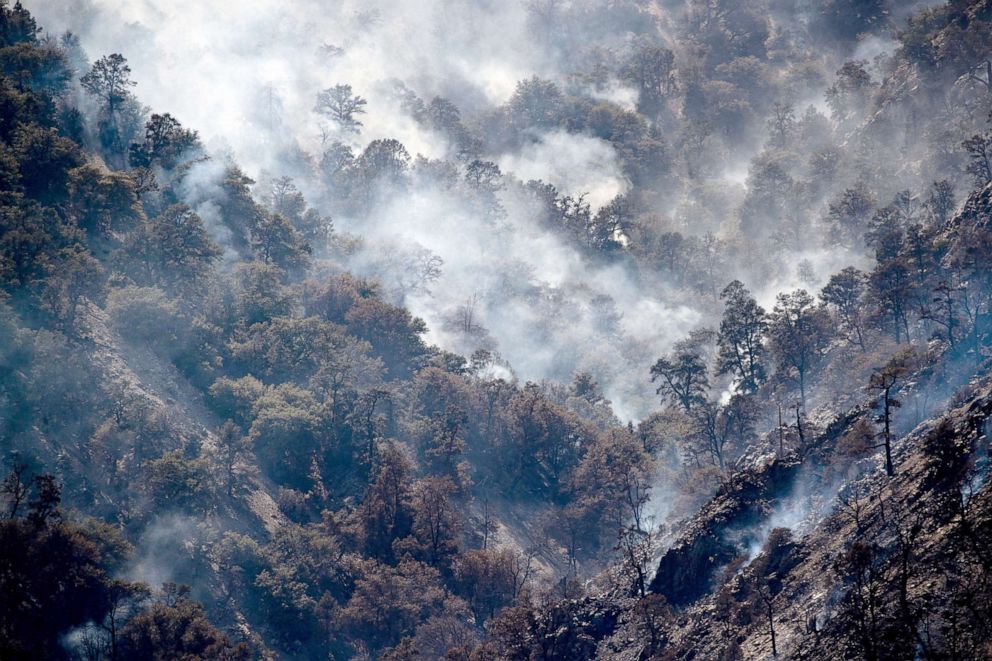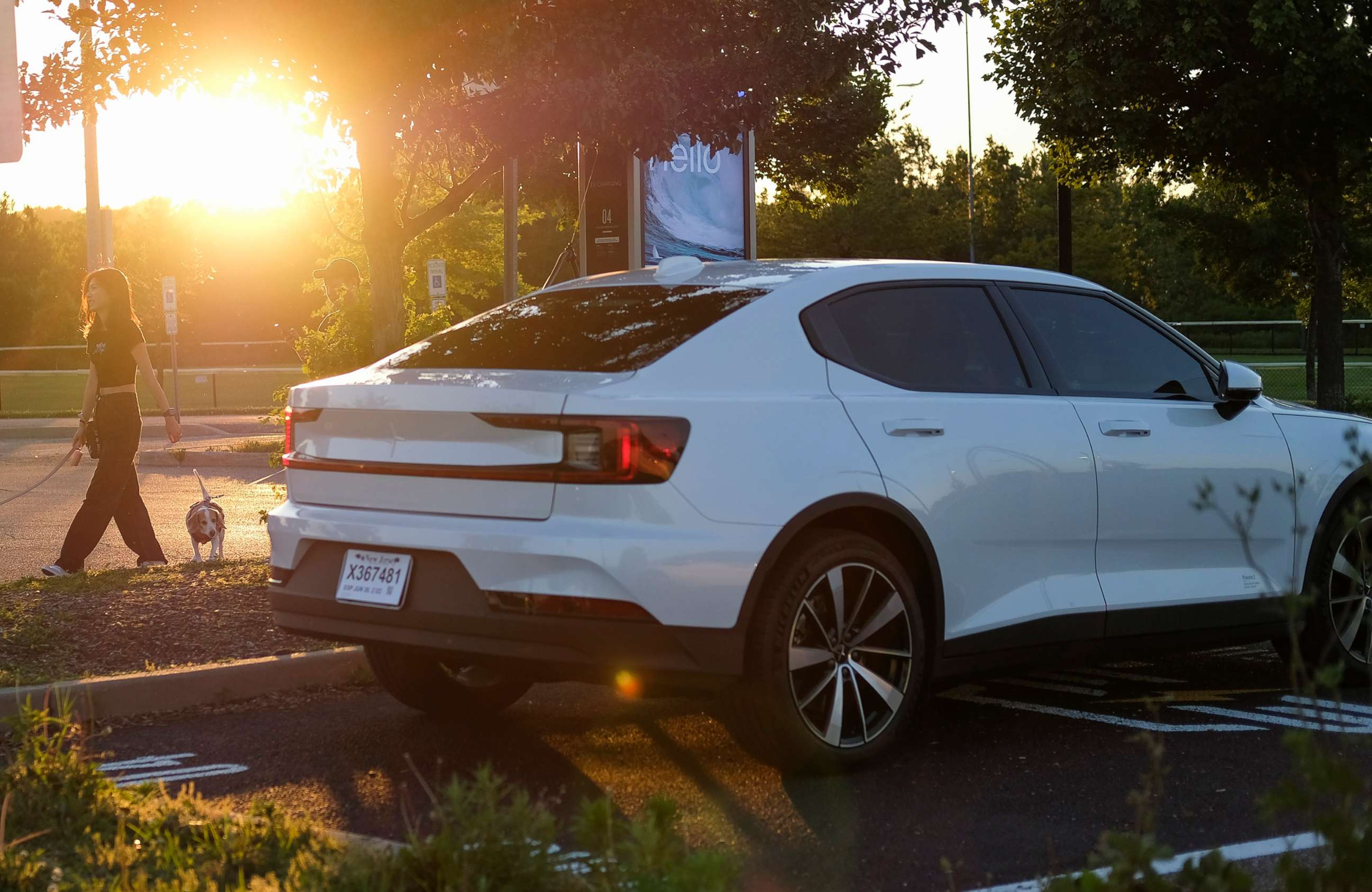78% of adults in US report being affected by severe weather caused by climate change: Report
Experiencing the effects of climate change has changed Americans' minds.
Americans are changing their views on the need for climate change action as severe weather events caused by global warming are landing in their backyards with more frequency, according to a new report.
The vast majority of adults in the U.S. have reported being personally affected by extreme weather events in recent years, according to new research released Tuesday by NPR, the Robert Wood Johnson Foundation and the Harvard T.H. Chan School of Public Health.
Of the more than 2,600 Americans polled earlier this year, 78% reported experiencing severe events -- such as heat waves, freezing cold temperatures, hurricanes, major flooding and wildfires -- in the past five years.
Of the group that reported being personally affected by severe weather, 24% reported experiencing serious health problems as a result of those extreme weather events, with 51% being of Native American descent, 31% Latino, 30% Asian, 29% Black and 18% white, according to the report.

The research shows that communities of color, lower-income communities and residents in rural areas feel the harmful effects of extreme weather and climate change "first and worst," epidemiologist Alonzo Plough, vicepresident of research, evaluation and learning at the Robert Wood Johnson Foundation, told ABC News.
"The health impacts that are happening, they're immediate, and they're getting worse," Plough said, adding that the "major mechanism" is the extreme weather events.
Health issues people are experiencing range from heat changing the ecological zones of certain vectors, which then infect and spread among new populations, or exacerbating the presence of particulate matter, making air quality and living conditions worse for those with asthma, Plough said. In the West, it's drought and heat. In Texas, it's "incredible" heat. On the Gulf and East coasts, hurricanes will become more of a threat.
All of these regions are experiencing weather and climate events that are "very, very different from the historic pattern," Plough said.
"The fact that large percentages of Americans in many different parts of the country are beginning to see this relationship between climate change and extreme weather events and their health and well-being -- that's a very important shift," Plough said. "We talk about climate change and health as an amplifier of some of the structural inequities that plagued the nation in terms of unequal health outcomes."

Of those who reported being affected by severe weather events, 17% reported serious financial problems as a result, according to the report. Of those who experienced financial problems, 14% reported having to evacuate their homes, and 14% reported major home or property damage.
Another issue is that, for most households that have had either serious financial problems, or who have had major property damage after extreme weather, most households either do not have renters or homeowners insurance, and those who do reported that insurance did not cover most of the costs of repairs, or most of their losses, Mary G. Findling, assistant director of the Harvard Opinion Research Program at the university's T.H. Chan School of Public Health, told ABC News.
Also among the households that experienced extreme weather events in recent years, 37% reported now seeing climate change in the U.S. as a "crisis" and 40% now see it as a "major problem."
The polling shows that Americans who have personally experienced the effects of climate change support government action to combat global warming at higher rates, including enacting policies for stricter federal fuel efficiency standards for cars and trucks, regulations to make the electricity grid more resistant to extreme weather, increased state government spending to prepare for future weather disasters and lower support for the federal government allowing more oil drilling aimed to lower future gas prices, according to the report.
"There's unbelievable support," Robert J. Blendon, co-director of the survey and political analysis emeritus at the Harvard T.H. Chan School of Public, told ABC News. "People are saying, 'Please spend money and protect my area, geographically, whatever can be done in the future.'"

Prior to the survey, little was known about the views and attitudes of people who experienced an extreme weather event over the past five years, Blendon said.
The findings are alarming because not only do they show that climate change is already here, but the experiences people have as a result of an increased frequency of extreme weather events -- especially those in low-income communities -- will continue to get worse, Findling said.
"We've seen that the human toll is already much bigger than than we expected it to be," Findling said. "We would only expect that to get worse and to widen in the future, as this happens to more people."
ABC News' Tracy Wholf contributed to this report.




